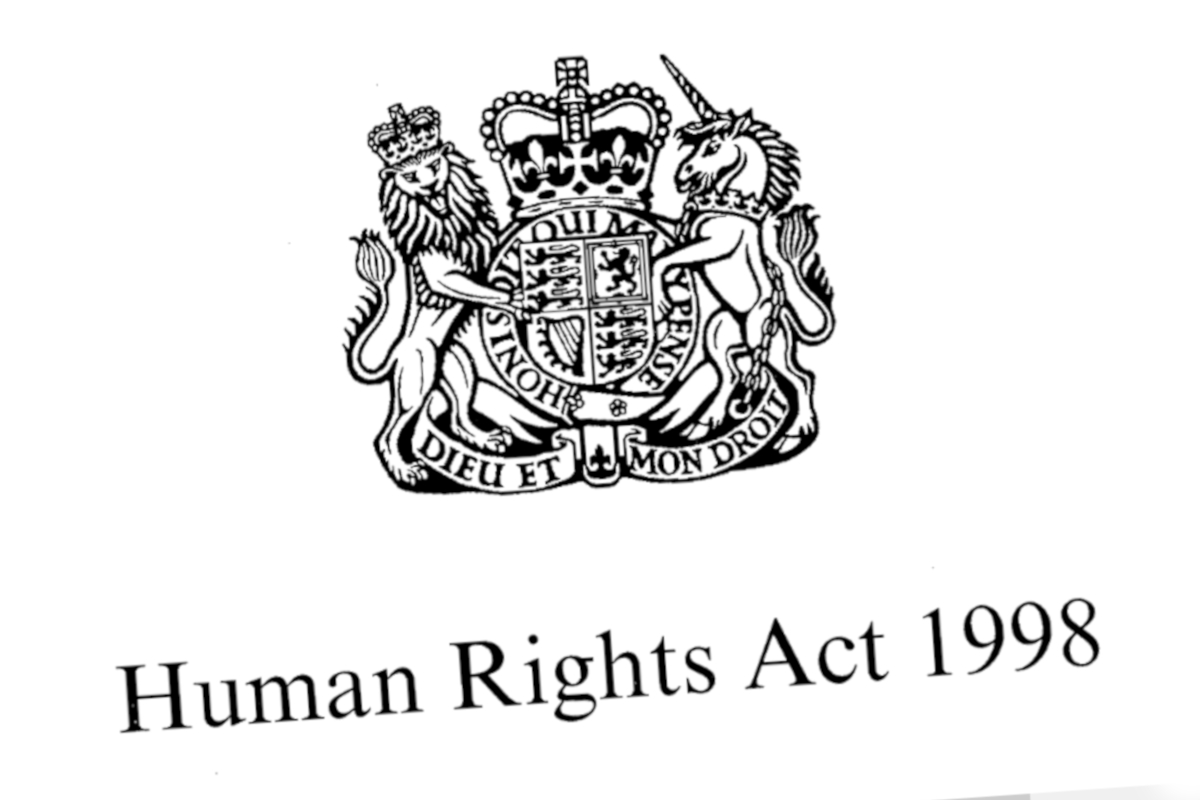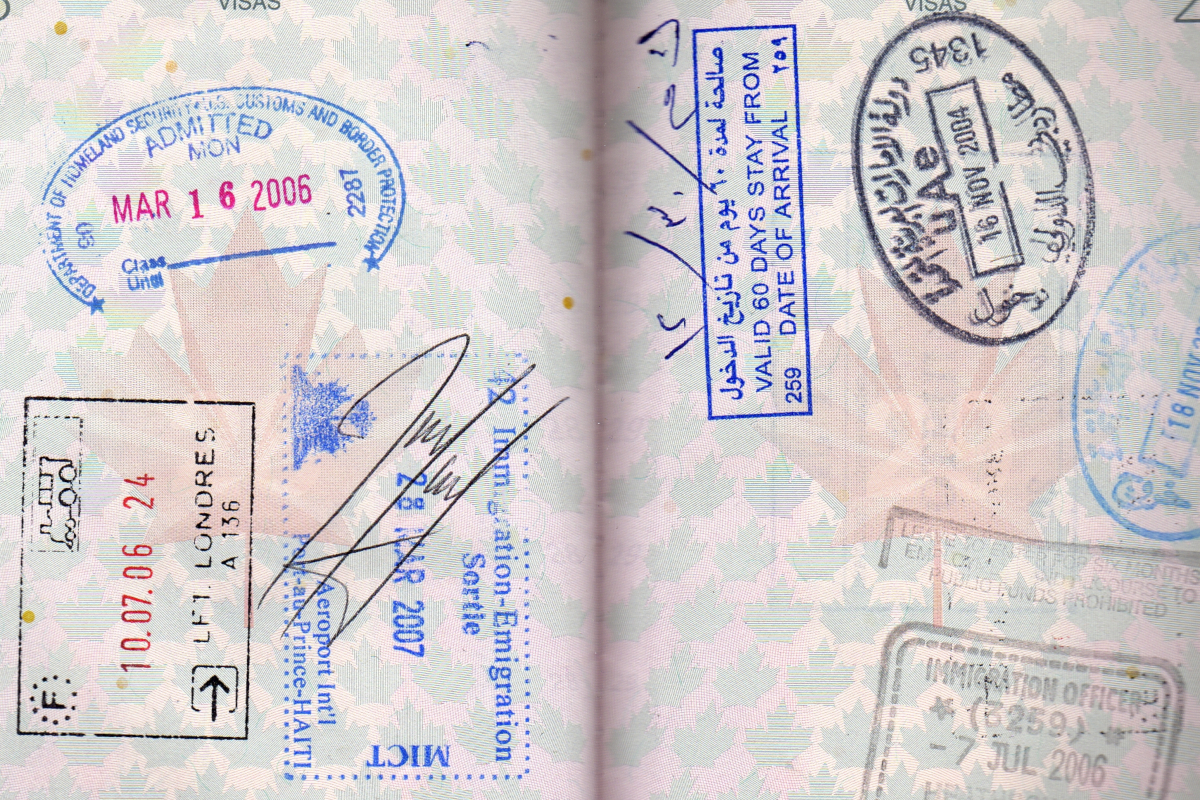UK-EU: Police cooperation: the Home Office gets it wrong on data protection
Topic
Country/Region
01 September 2022
Back in March, members of the House of Lords discussed the state-of-play of police and judicial cooperation between the UK and EU, and were informed by a government minister that such cooperation does not depend on maintaining adequate data protection standards. The text of the relevant UK-EU treaty, however, says otherwise.
Support our work: become a Friend of Statewatch from as little as £1/€1 per month.

The debate was held on Friday 11 March and covered the topics contained in the House of Lords committee report Beyond Brexit: Policing, Law Enforcement and Security (pdf).
The assembled nobles were informed by Baroness Williams of Trafford, a government minister for the Home Office, that:
"Adequacy decisions complement the TCA [Trade and Cooperation Agreement], which delivers a comprehensive package of capabilities that ensure that we can continue to work with counterparts across Europe to tackle serious crime and terrorism, protecting the public and bringing criminals to justice.
On Part 3 of the TCA—law enforcement and criminal justice provisions—we agree that good data protection underpins international law enforcement co-operation, which is why the UK is firmly committed to maintaining high data protection standards now and in the future. Co-operation under Part 3 is not dependent on adequacy, and there is no legal link between the two. This would have been unprecedented for an agreement of this nature." [emphasis added]
In fact, Article 693 of the TCA, which covers the entirety of Part 3 (dealing with law enforcement) says the following:
"Suspension
1. In the event of serious and systemic deficiencies within one Party as regards the protection of fundamental rights or the principle of the rule of law, the other Party may suspend this Part or Titles thereof, by written notification through diplomatic channels. Such notification shall specify the serious and systemic deficiencies on which the suspension is based.
2. In the event of serious and systemic deficiencies within one Party as regards the protection of personal data, including where those deficiencies have led to a relevant adequacy decision ceasing to apply, the other Party may suspend this Part or Titles thereof, by written notification through diplomatic channels. Such notification shall specify the serious and systemic deficiencies on which the suspension is based."
Admittedly, if the EU were concerned about a drop in UK data protection standards (or vice-versa) there would be no obligation to halt cooperation. The text says that the concerned party "may suspend this Part or Titles thereof". A separate article in Part 3 of the TCA also governs data protection requirements.
After the EU adopted adequacy decisions last year, the UK government itself celebrated the move:
"The decisions mean that UK businesses and organisations can continue to receive personal data from the EU and EEA without having to put additional arrangements in place with European counterparts.
This free flow of personal data supports trade, innovation and investment, assists with law enforcement agencies tackling crime, and supports the delivery of critical public services sharing personal data as well as facilitating health and scientific research."
The assertion that there is "no legal link" between law enforcement cooperation and data protection adequacy appears to be misplaced - or perhaps the TCA is, in fact, "unprecedented", in the words of Baroness Williams.
Image: Ed Everett, CC BY 2.0
Our work is only possible with your support.
Become a Friend of Statewatch from as little as £1/€1 per month.
Spotted an error? If you've spotted a problem with this page, just click once to let us know.

